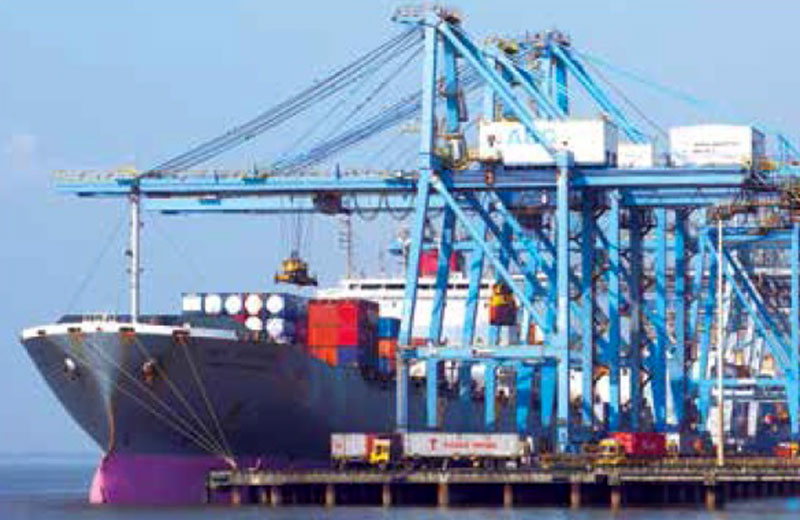[vc_row][vc_column][vc_column_text]
The government’s intent to make business easier for new port operators is appreciated. Equally, the government should also adopt a sympathetic approach towards the existing operators
The Ministry of Shipping has proposed a new Model Concession Agreement (MCA) for the ports sector replacing the older agreement that has been in existence since 2008. The old compliance document was revised and as many as 11 new recommendations from the industry have been incorporated after consulting the Planning Commission, the Indian Ports Association, the Kelkar Committee Reports and inputs from the industry. The key objectives of the revised MCA include more equitable allocation of project risks, provisions to handle unforeseen circumstances, removing ambiguity in existing provisions and to attract more private sector investment. The changes to existing guidelines have been long overdue and an oft brought up plea before the ministry by the industry. The change in guidelines to a large extent will benefit the private terminal operators in major ports who have cried foul over being put at a disadvantage because of the overbearing norms of the concession agreement.
There is still a degree of ambiguity on these recommendations being implemented. And so the million dollar question being asked is, “Will the existing players be allowed to migrate to the new policy or will certain provisions be rolled back to make way for the new ones?” Captain Dinesh Gautama, President, Navkar Corporation says “A few of the recommendations are really needed and timely. The early exit option will benefit the private operators tremendously as they can exit the project in case they do not want to run the terminal after it breaks even.” Currently, the existing operators can only alter their share holding pattern by transferring their stake from one subsidiary to another. The approval of discounts on ceiling rates is another provision that will benefit not just operators but also cargo owners.
Capt. Gautama says, “This will allow the ports to give discounts to their customers because the concessionaire can approach the port to consider and approve discounts on ceiling traffic and revenue share shall be paid only on the approved discounted tariff of the approved revenue share as against the gross revenue collected presently.” The MCA’s inclusion of utilising more equipment to increase productivity is another welcome relief for operators as it allows them to deploy more workforce and equipment to increase its productivity. But what’s not clear if the concessionaire will be taxed for any increase in volume of cargo handled as is the practice now. Many international terminal operators who function in India are withholding any increase in cargo handled in spite of capacity available for fear of having to cough up a greater share of their revenue to the government. Another shot in the arm is the inclusion of cost and time escalation in projects undertaken as the estimated outlay for a project could go up significantly if government approvals do not come in time.
The government’s intent to allow greater operational room for private players by changing the MCA is a welcome move. But it is not acche din for the terminal operators yet as the new rules will not be applicable for the existing operators. For the current terminals to ramp up cargo handled, a kinder law and some revised amendments will be a nice Christamas gift from Nitin Gadkari whose turn it is to play the real Santa.
[/vc_column_text][/vc_column][/vc_row]






